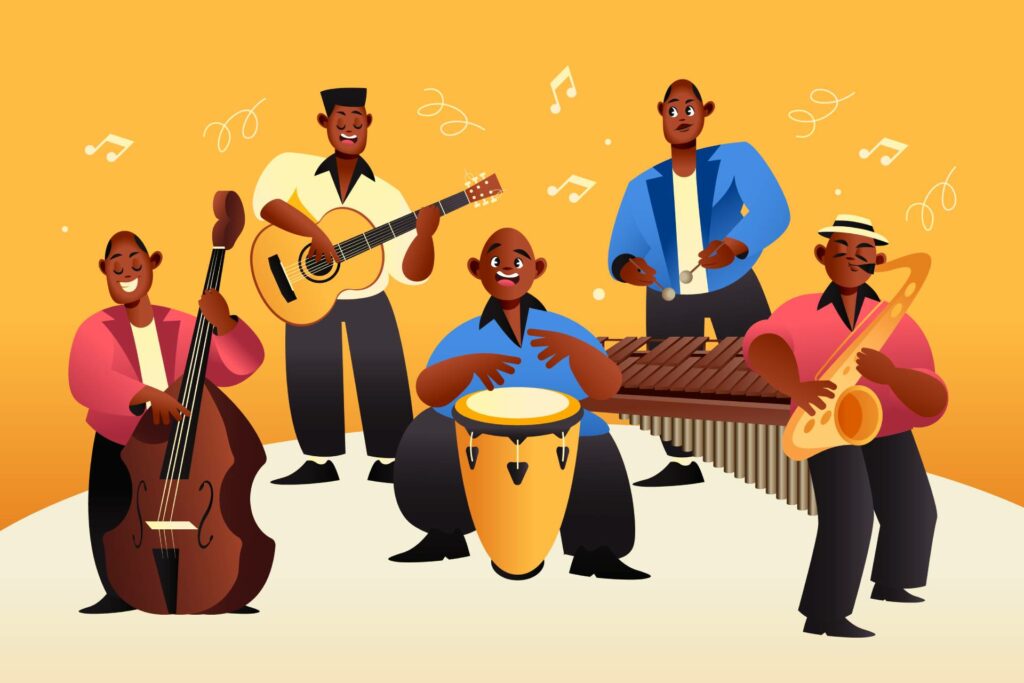The growth of African music in recent years has been nothing short of astonishing. Aided by advancements in technology and social media, artists from the continent are increasingly finding their way into the global spotlight, reshaping the musical landscape with their vibrant rhythms and unique cultural influences. This article critically examines the factors driving this expansion and the implications for the international music scene.
I. Technology and Social Media: Catalysts for African Music’s Global Rise
The democratization of music production and distribution through platforms such as Spotify, Apple Music, and YouTube has made it easier for African artists to reach a wider audience. Meanwhile, social media platforms like Twitter, Instagram, and TikTok have served as powerful tools for music promotion and audience engagement. As these technologies continue to evolve, they will undoubtedly contribute further to the growth and visibility of African music worldwide.
II. Afrobeat and Afropop: Pioneering Genres at the Forefront
At the heart of this musical revolution are the Afrobeat and Afropop genres, which are captivating listeners with their infectious grooves and dynamic soundscapes. Pioneered by the late Fela Kuti and sustained by contemporary artists such as Wizkid, Burna Boy, and Davido, these genres showcase the rich musical heritage of Africa while embracing global influences. As more artists experiment with these styles, they continue to contribute to the growing presence of African music on the international stage.
III. Cultural Cross-pollination: African Music’s Impact on Global Pop Culture
African music’s increasing popularity is not only reshaping the music industry but also influencing global pop culture. Collaborations between African artists and international stars, such as Beyoncé’s “The Lion King: The Gift” album, have further propelled the continent’s music into the mainstream. As a result, the distinct rhythms and sounds of African music are finding their way into various genres, from hip-hop to electronic dance music (EDM).
IV. Challenges and Opportunities: The Road Ahead for African Music
Despite its impressive growth, the African music industry faces numerous challenges, including inadequate infrastructure, limited access to funding, and copyright issues. However, these obstacles also present opportunities for innovation, collaboration, and the development of sustainable business models. As the global music landscape evolves, African artists and industry professionals must adapt to maintain their momentum and further expand their influence.
Conclusion
The growth of African music in recent years has been remarkable, fueled by advancements in technology, the global appeal of Afrobeat and Afropop, and an increasing cultural exchange between Africa and the rest of the world. As artists and industry professionals navigate the challenges and opportunities that lie ahead, there is little doubt that the influence of African music will continue to grow and shape the international music scene for years to come.


1 Comment
I may need your help. I tried many ways but couldn’t solve it, but after reading your article, I think you have a way to help me. I’m looking forward for your reply. Thanks.